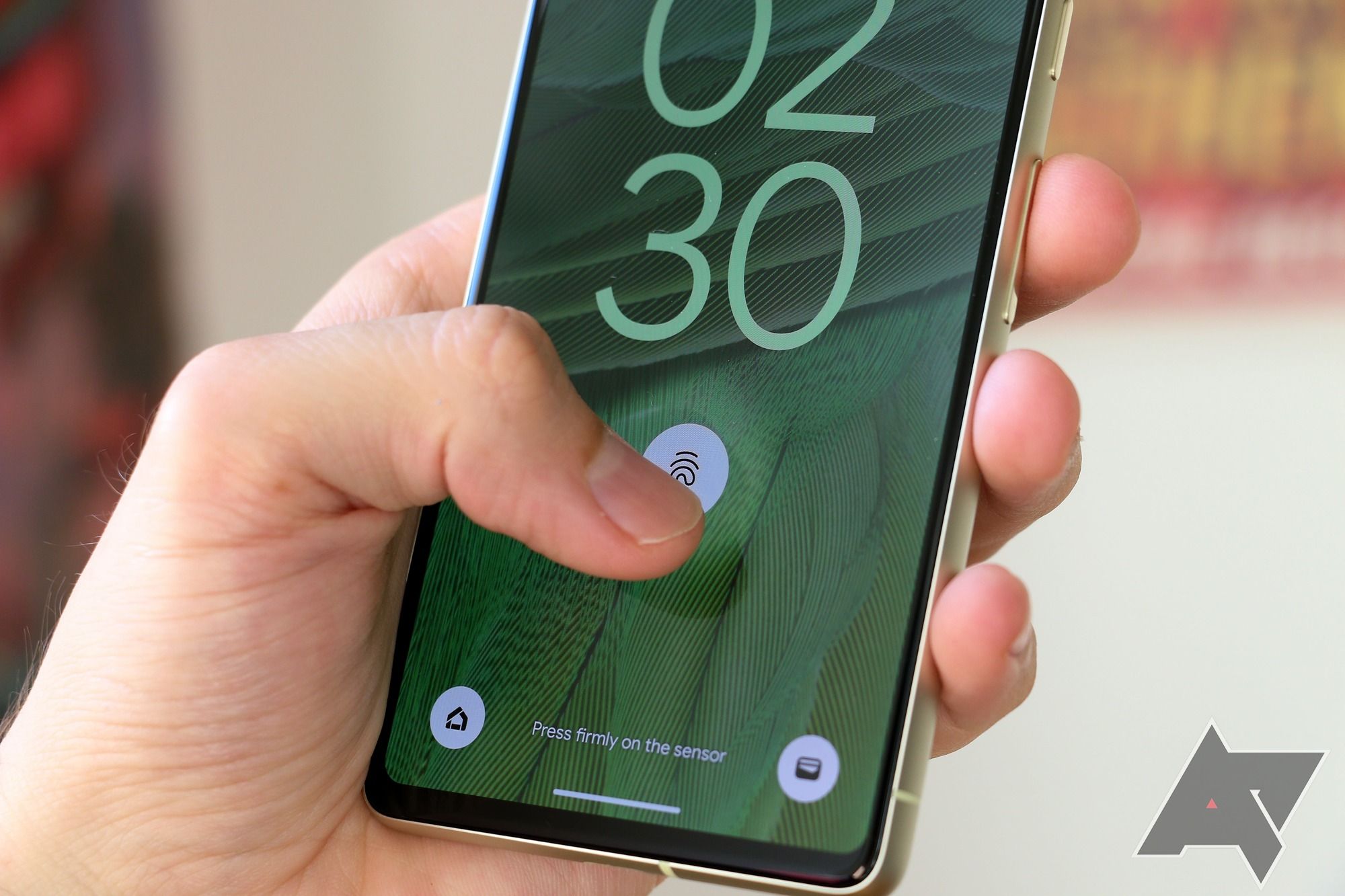latest

What is Internet Identity and how does it work?
Internet Identity is a new type of authentication for Web3. Here's what you should know about it
Passwords are hard. Even with password managers to generate and autofill them, they're still a pain to use for all the daily logins in our lives. The problem is that there aren't any great alternatives. However, the Web3 techs at the DFINITY Foundation are working on a promising alternative. It's Internet Identity (AKA II), and it could reshape our online security. Here's what we know.

The Google Pixel 4 may have marked the end for Motion Sense, but Soli's future is bright
RIP Motion Sense
When the Google Pixel 4 was unveiled in 2019, people were excited to try its face unlock feature. Motion Sense, a new technology that used Google's custom Soli radar sensor, tracked motion and depth in real time. The feature showed promise; Motion Sense could detect your hand moving toward the Pixel 4 and would automatically unlock your phone when you picked it up. But that promise was short-lived, and the feature has been absent on every Pixel sense. Does this mean we've seen the end of Motion Sense, or could it make future appearances? Why was it removed from the Pixel lineup in the first place? As is often the case, multiple factors led to the removal of Motion Sense from the Pixel lineup.
.jpg)
Google details why the Pixel 6's fingerprint sensor is slow, but we're not satisfied with the explanation
The company cites extra strong security despite reports claiming people can enter phones with others' fingerprints
The Pixel 6 and 6 Pro are pretty much the best phones Google has ever released, but there are a few issues, like the new in-display fingerprint reader replacing the back-mounted solution of old. It isn't exactly the fastest on either phone, with it often taking some extra time to authenticate your biometric details. As spotted by Engadget, Google has come forward with an explanation, though we're not exactly happy with it.

Incognito mode in Chrome is perfect for any time you need to keep private information from being stored in the browser. If you've ever had to check a bank account on a device that wasn't yours, you know how essential it is. To help keep your open incognito tabs just a little more secure, Google is adding optional biometric authentication to its Android app — though it may take a while before you can actually use it.

TeamViewer for Android finally adds support for biometric authentication
Prevent unwanted access to your saved machines
TeamViewer for Android is a handy way to control computers, tablets, and smartphones remotely. However, it can prove to be a double-edged sword. Anyone with access to your unlocked phone can request remote control of saved systems and potentially access sensitive and confidential data. Fortunately, the latest update introduces a security feature that has been a long time coming.

August and Yale locks pick up remote biometric verification
Plus a mostly self-explanatory Hide Entry Codes feature
August and Yale smart locks are picking up a new feature that should make remote access just a little bit more secure. The opt-in change allows for remote biometric authentication before locking or unlocking your home's smart lock remotely. Further enhancing on-device security, there's a new Hide Entry Codes feature that — you guessed it — makes it so your entry codes can only be viewed for a short time.

Not every app out there supports the Pixel 4's face unlock system for biometric authentication (yet), but those on the hunt for compatible apps have one more choice today. Credit Karma is the latest addition to the party.

Google’s newest pair of flagships did away with a rear-facing fingerprint reader in favor of a more sophisticated face unlock. Password manager apps fall under the category that can benefit the most from its added security (arguable), and they’re indeed leading the way. Taking a cue from Lastpass, Enpass and Bitwarden have now joined the small list of password managers that support Pixel 4’s biometric authentication.

LastPass is just one of many password managers out there, though it has one of the most generous pricing schemes to offer. Its Android application has always been fairly modern and is known to quickly include new OS features in its beta, like Oreo's autofill API and Marshmallow's new app permission model. Today, the firm continues this commitment by announcing it'll support Android 10's biometrics, meaning you'll be able to unlock the app with Pixel 4's face authentication.

Face unlock is more widely available on smartphones nowadays, but many of us seem to forget that Android has always had a barebones — albeit easily fooled — equivalent of the feature for years. Android Smart Lock's Trusted face was added in 2014 and has been accessible to users on all Android devices until recently. Now, it's completely gone from stock and OEM devices, running Android 10 or below.










